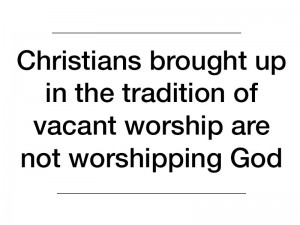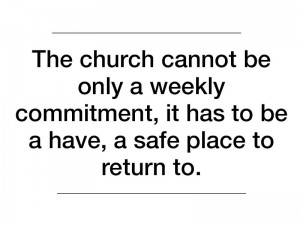By Rebecca Dailey
College is perhaps the most formative four years of any person’s life. For some, it is a chance at freedom; for others, it is a continuation of their schooling. However, I believe all of us can agree that this is the final gateway before adulthood. High school is the stepping stone before that, one last hurrah as teenagers, even as we pursue colleges, enter applications and scholarships, and perhaps hold part-time jobs. Many of us became caught up in the unknown variable of COVID-19, forever changing the way we look at our schooling. I graduated high school in the class of 2021, and the next stop on the train route was community college.
Community College was not my first choice, but at the time, I didn’t see any other option. I was not able to look at college campuses, nor did I really want to, simply because I wanted my high school experience to have ended normally. God, however, had a much more interesting plan. After some last-minute scrambling, my school-issued email decided to shut down, so I missed a lot of important messages, including knowing the bill was ready to be paid. That first fall semester was spent online in mostly asynchronous classes and a few Zoom meetings where I feigned attention while working on other assignments. The spring semester of the same school year was much the same, with the exception of one class. Even then, the teacher, more often than not, would cancel classes, and I taught myself anyway.
The second year came, and for the first time in almost three years, I was able to step foot in a physical classroom. I became frustrated by the lack of application my classmates had when it came to assignments. Due dates would often get extended while I rubbed the sleep from my eyes, having stayed up the night before. Perhaps the biggest nightmare was my children’s literature professor. He made it very clear how he felt about religion, especially Christianity. He enraged me, and I passive-aggressively protested and made my position clear. It was around the same time that I began looking for four-year schools to continue my degree. Fast forward through four in-person classes in the spring and waiting for them to mail my physical degree in the mail, I was more than happy to be finished. I didn’t even bother going to graduation, nor did I get involved around campus. I didn’t even stay in the dorms, but even nightmares come to an end.
Houghton University was one of a handful of colleges I had considered. Some very quickly lost their place on the list for various reasons. I looked at one other campus, but none of it sat right. Stepping onto Houghton’s campus was the most surreal moment I’ve ever had. Everyone, and I do mean everyone, greeted me and dozens of others who were touring the campus. I was barely home that very same weekend and put my application in; Houghton was the only school I put an application in for.
We can fast forward to right now as I write this as the semester begins. It has been a whirlwind of classes and new friends, and I couldn’t wish any other way. I have so far joined multiple clubs, took part in the Open Mic Night at Java, auditioned for HeartSong, bonded with the girls on my floor and throughout Gillette, still have time for homework, and I’m thriving. Every day is a new adventure with new friends and excitement. I once wrote in my application essay, “Every story has a purpose, but that purpose can only be acted upon when it is read and shared, creating the world of possibilities that I believed God wanted for us.” The possibilities are extraordinary because they are endless, but God knows, After all, he brought me here, and I can’t wait to see what he has for all of us. ★



